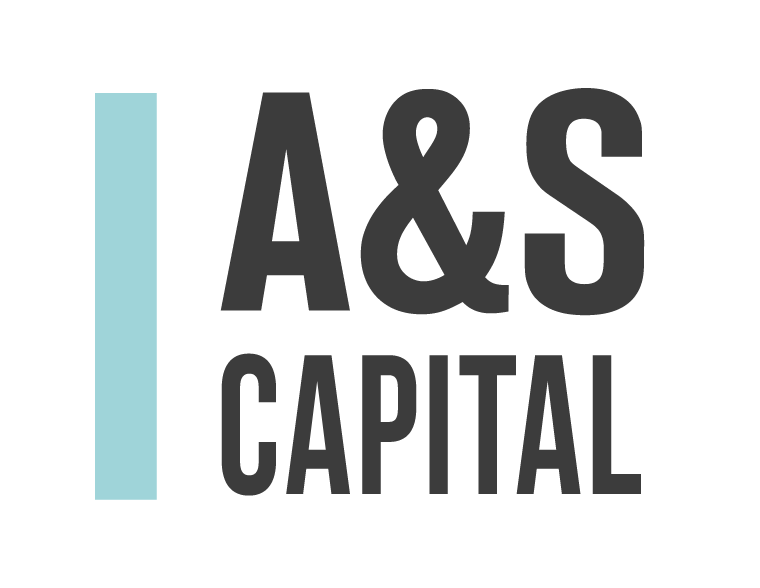Inflation: What It Means For The Market And You
It’s been hard to ignore: From the price of gas at the pump to the cost of bread and eggs at the grocery store, everything seems to be getting more expensive. Inflation is on the rise – in late 2021 the Consumer Price Index hit 7% for the first time since 1982. But these drastic economic trends can have an effect on more than just the cost of milk – property investments can also be affected. We’ve prepared a comprehensive guide to help you understand what inflation means for the real estate market and for you.
Why is inflation happening now?
Blame COVID. The pandemic has affected the economy drastically, but inflation has been an unforeseen side-effect due to the slow recovery process. Supply chains that were disrupted by factory closures and shipping interruptions have not been fully restored. Demand is up thanks to consumers spending more post-lockdown, but supply isn’t being replenished at the usual rates, leading to higher prices. Businesses are also facing higher costs in other areas, with many struggling to retain staff due to a high-demand job market leading to staffing shortages.
Into this already stressed system comes the crisis in Ukraine. Russia’s unprovoked invasion of their neighbor country has already had drastic economic consequences. Commodities prices have gone up: Oil is at its highest levels since 2014 and many agricultural products from both countries – Ukraine is the fifth largest wheat exporter in the world – will likely become scarcer and pricier. Airlines can no longer use Russian airspace, so some plane trips will take more time and tickets will become more expensive as a result of longer routes and higher fuel costs.
How will this affect the real estate market?
In some ways, it already has. As we’ve covered before, the pandemic exacerbated existing market conditions; demand for housing was already high, but a year and change of having to stay indoors sent it through the roof with prices following suit. Property owners are charging higher rents to their tenants as a result, especially in markets like Miami where the population increased as a result of migration from dense northern cities (Miami is now the least affordable rental market in the country, surpassing New York).
For those that already own property, inflation can be a big boon. Property values tend to rise with the rate of inflation.
How the Government is Responding
The Biden administration has proposed raising interest rates to combat the rapid rise in prices. The economic logic is simple: when rates go up, borrowers pay more, meaning they have less to spend. When people spend less, prices go down as a result – no more inflation. That’s the idea, at least. Those rising rates can also affect property owners, however. It’s important for investors to watch the news and see how exactly the government plans to respond – you wouldn’t want to be caught paying for a property with an unfavorable financing setup.
So what should I do?
If you’re planning on investing in more property in the near term, you should consider what you would be using each property for. Short-term investments such as fix-and-flips are inadvisable due to the risk of the market forming a bubble. With prices and closing costs reaching historic highs, these types of investments may be riskier considering the possibility of a downturn.
Long-term property investments are safer. Financing rates are staying low for the time being, meaning it’s a good time to sell, but also a good time to sit on property, especially multifamily as the market will likely digest the rate increase in the form of higher rents.
Whatever your property investment situation might be, A&S can offer guidance. Talk to us about your deal today.


